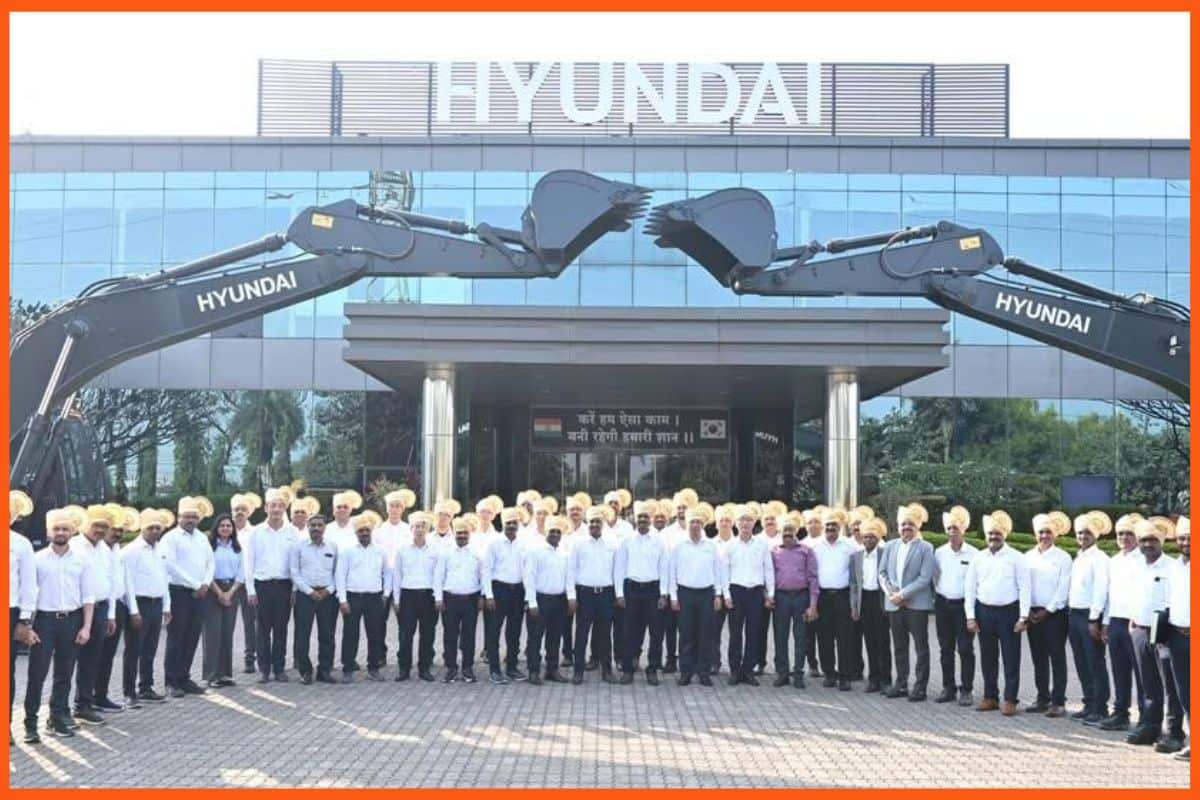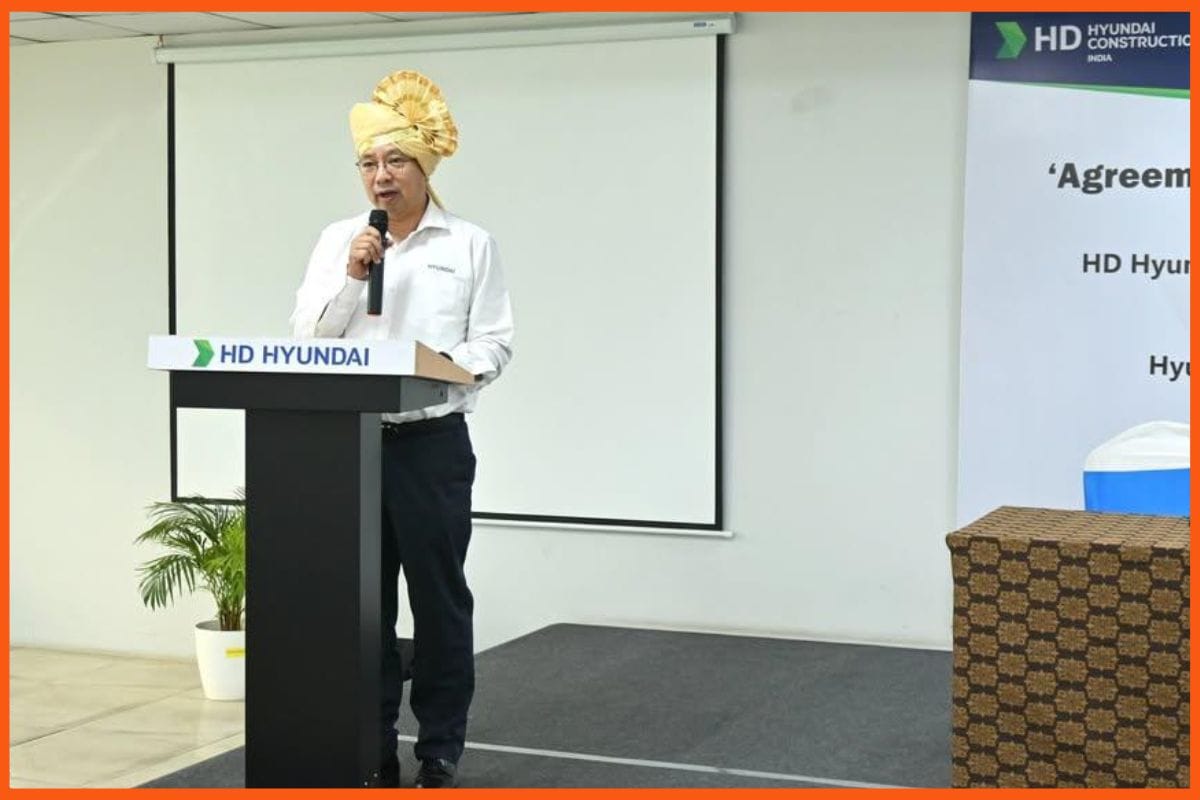India’s startup and business ecosystem on 19th September 2025 witnessed notable developments across funding and corporate news. Aerospace startup SpaceFields and climate-tech venture Equilibrium announced fresh capital infusions, while in the corporate sector, ITC Ltd confirmed passing GST benefits to consumers and reports emerged of Taj Hotels considering an exit from New York’s iconic Pierre Hotel.
Daily Indian Funding Roundup – 19th September 2025
| Company | Amount | Round | Lead investor(s) | Sector |
|---|---|---|---|---|
| SpaceFields | $5 Mn | Pre-Series A | Transition VC; Speciale Invest; growX, Anicut Capital, Atrium Angels | Aerospace / Space-tech |
| Equilibrium | $3 Mn | First institutional round | Kalaari Capital; Avaana Capital; Peak XV Partners | Climate-tech / Carbon removal |
| Blue Energy Motors | $30 Mn | Growth / Expansion | Nikhil Kamath; Omnitex Industries | Electric & LNG heavy-duty trucks / Green mobility |
SpaceFields raises $5 Mn in pre-Series A round
Aerospace startup SpaceFields has secured $5 million in its pre-Series A round led by Transition VC and Speciale Invest, with participation from growX, Anicut Capital, and Atrium Angels. The company develops advanced propulsion systems for satellites and space launch vehicles, aiming to improve efficiency and lower costs in the global space industry.
Equilibrium raises $3 Mn from Kalaari, Avaana, and Peak XV
Climate-tech startup Equilibrium has raised $3 million in its first institutional funding round from Kalaari Capital, Avaana Capital, and Peak XV Partners. Founded in 2024, Equilibrium provides full-stack carbon removal solutions through agroforestry, regenerative farming, mangrove planting, and biochar projects, involving over 60,000 farmers and coastal communities.
Blue Energy Motors raises $30 Mn to develop EV & LNG trucks
Blue Energy Motors (BEM), an Indian startup specializing in heavy-duty trucks powered by LNG and electric technology, has secured $30 million in a growth/expansion round led by Nikhil Kamath and Omnitex Industries. The new capital will be used to fully utilise its current manufacturing capacity (10,000 trucks/year), accelerate development of both LNG and EV truck models, and scale its presence across India.
Key Business News for 19th September 2025
ITC to pass on full GST rate-cut benefits to consumers by September 22
FMCG giant ITC Ltd has announced that following the GST Council’s tax rationalisation (moving to a two-slab structure of 5% and 18%), it will pass on the full benefit of the rate cut to consumers across its product portfolio. Starting September 22, 2025, ITC’s FMCG products—sold through about 7 million retail outlets nationwide—will reflect lower prices. The move aims to increase affordability, stimulate consumption, and boost economic growth.
Taj Hotels may exit NYC’s iconic Pierre Hotel in $2-billion deal
Reports indicate that the Taj Hotels chain (IHCL) may exit its management/leasehold arrangement of New York’s Pierre Hotel following interest from prospective buyers—including the Sultan of Brunei and Saudi businessman Essam Khashoggi—in a possible US$2 billion deal. The iconic property, in Manhattan overlooking Central Park, has been operated by Taj since 2005. While financial performance and rising costs are said to be part of the backdrop, IHCL has clarified it holds leasehold rights, and at the time of reporting, operations continue as usual.





